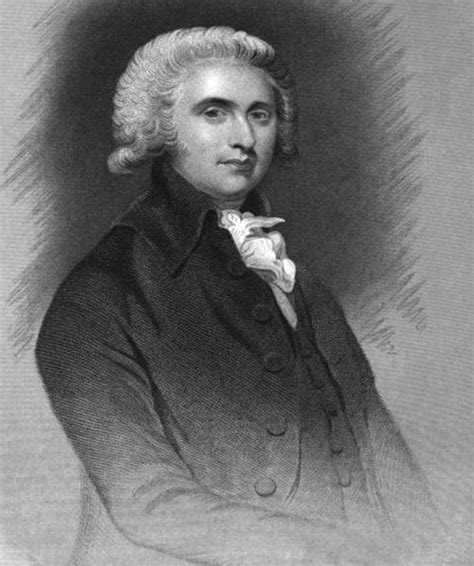A Quote by J. I. Packer
This one word 'grace' contains within itself the whole of New Testament theology.
Related Quotes
It's not as if the New Testament writers came along and said, "The culmination of Old Testament books is more books, New Testament books." In some ways they thought instead of the culmination of Old Testament books being Christ himself, the word incarnate as the opening verses of Hebrews 1 put it. In the past God spoke to the fathers by the prophets, but in these last days he has spoken to us by his son and the son is revelation.
Has the word propitiation any place in your Christianity? In the faith of the New Testament it is central. The love of God, the taking of human form by the Son, the meaning of the cross, Christ's heavenly intercession, the way of salvation-all are to be explained in terms of itand any explanation from which the thought of propitiation is missing will be incomplete, and indeed actually misleading, by New Testament standards
In order to understand what is meant by the word 'brain' as it is used by neuroscientists, we must bear in mind the evidence that this organ contains in some recorded form the basis of one's whole conscious life. It contains the record of all our aims and ambitions and is essential for the experience of all pleasures and pains, all loves and hates.
the longer I live, the more necessary it seems to me to endure, to copy the whole dictation of existence to the end, for it might be that only the last sentence contains that small, perhaps inconspicuous word through which all laboriously learned and not understood orients itself toward glorious sense.



































